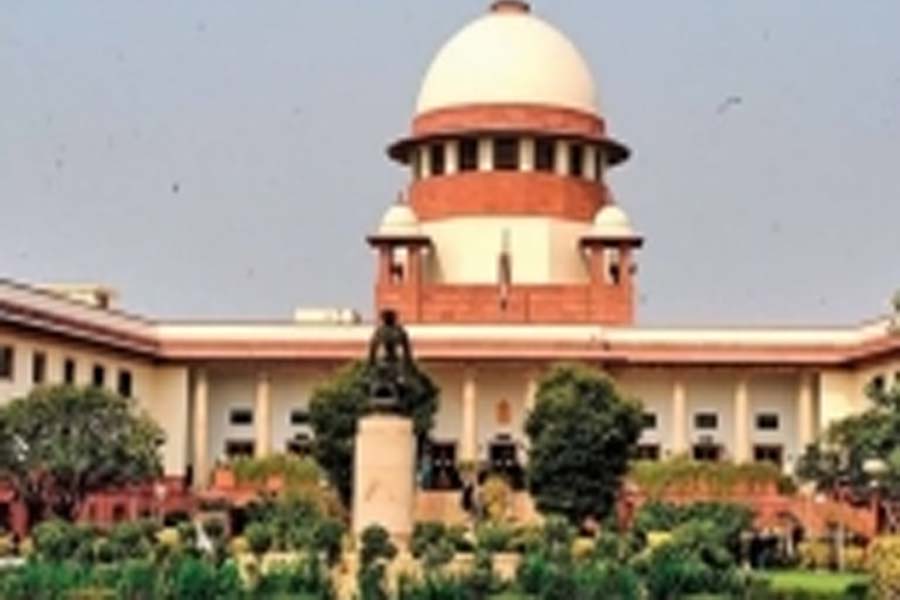Delimitation fear grips Tamil Nadu, Kerala
NEW DELHI: The passage of the Women’s Reservation Bill in Parliament has reignited the concerns of opposition parties from the southern states over the impending delimitation exercise. The concerns stem from the fact that the delimitation of Lok Sabha seats on the basis of population may lead to the southern states losing out in representation as they successfully controlled population through family planning programmes.
Participating in a discussion on the Women’s Reservation Bill in Lok Sabha on Wednesday, DMK MP Kanimozhi said that if the delimitation was done based on population census, it would reduce the representation of southern states, making it “a sword hanging over our heads.”
The Women’s Reservation Bill, which was passed by Lok Sabha on Wednesday, provides for 33% reservation for women in Lok Sabha and state assemblies. However, the quota will come into force only after the completion of the delimitation of Lok Sabha constituencies.
To undertake the delimitation, the government must conduct the decadal Census, which has been indefinitely postponed since 2021 because of the Covid-19 pandemic.
If the Lok Sabha seats are redistributed across states after the delimitation exercise scheduled to be conducted after 2026, Tamil Nadu and Kerala taken together will lose 16 seats, according to a research paper for the Carnegie Endowment for International Peace, published ahead of the 2019 LS polls.
Speaking to this newspaper, RSP MP N K Premachandran said it is unfair that the northern states will gain more seats at the expense of the south.
“The fear is real and southern states will lose out on seats and political representation. The Constitution says that delimitation should be done based on the 1971 census. We have done well in population policy and we shouldn’t be punished for that,” he said.
The research paper ‘India’s Emerging Crisis of Representation’ by policy analysts Milan Vaishnav and Jaimie Hintson, says that states in North India may gain more than 32 seats while southern states may lose 24 seats.
Bihar and Uttar Pradesh alone would gain 21 seats, according to the projection. While the number of seats in UP will rise to 91 from the current 80, Bihar will gain 10 more seats, says the report.
The current strength of Lok Sabha, 543, is based on the 1971 Census. The delimitation exercise was not taken up after that, as the 42nd amendment to the Constitution mandated a freeze in delimitation exercises for 25 years until 2001.
Later, this was extended by another 25 years, till 2026. Under Article 82 of the Constitution, only the Census data after 2026 can be used for the delimitation exercise.





